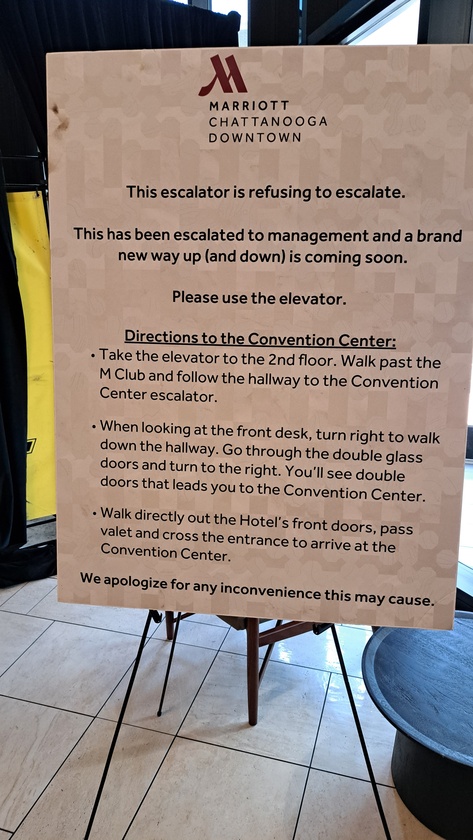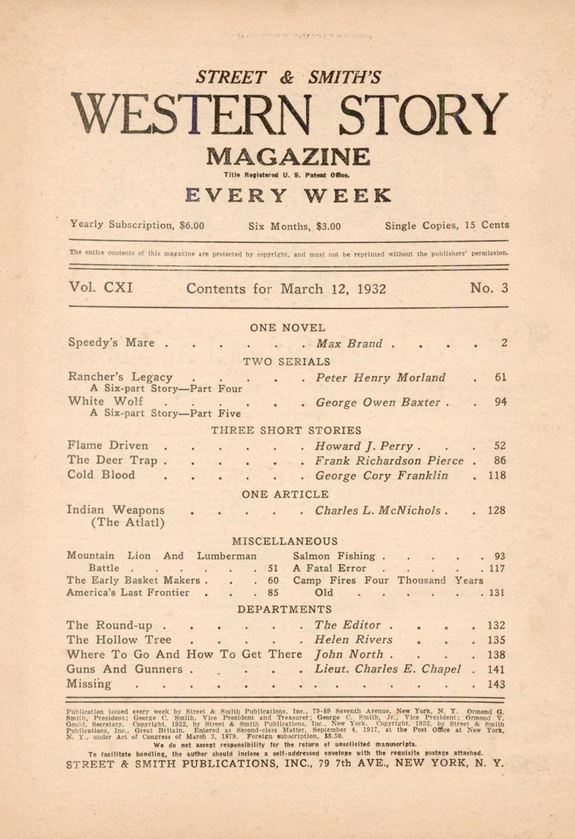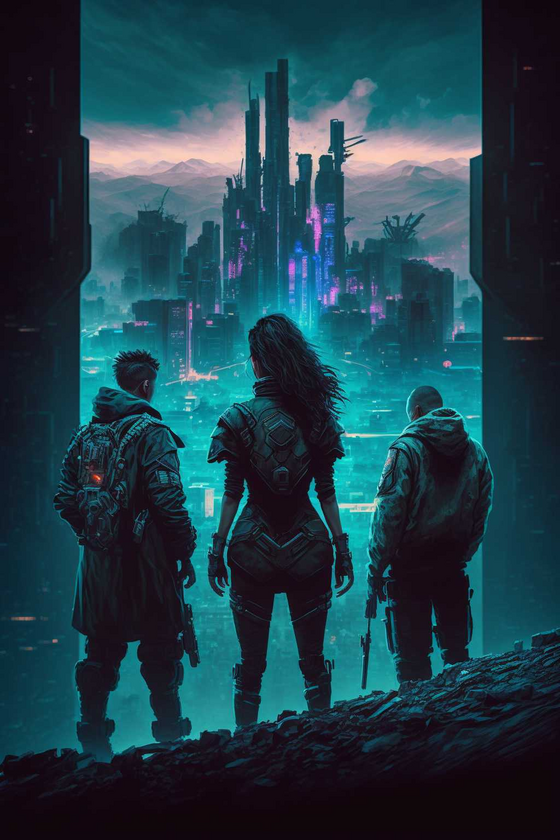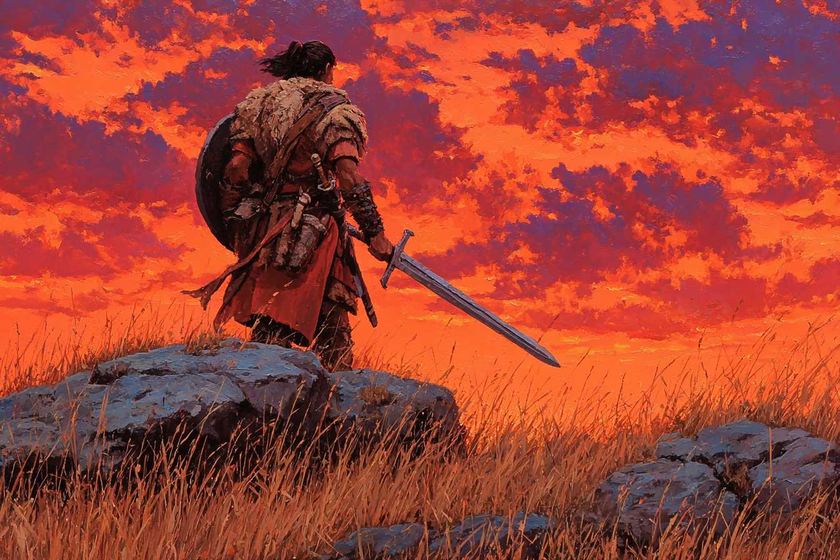I've been working on converting OCRed text of a few Victorian novels, in preparation for this year's Victober (people on the internet who read nothing but Victorian fiction for a month), and most of them are in three volumes. Just finished Volume 1 of one of them today. ("Finished" as in "prepared for proofreading", not as in "completed and ready to publish".)
I had not realized, before doing a little more research reading, that the Victorian "triple-decker" novel was a precursor, of sorts, to pulp fiction.
Pulp, of course, has many antecedents, including British penny dreadfuls, novels serialized in newspapers (which happened in Britain, Russia, France, and the USA, at a minimum), American dime novels and nickel libraries, and others.
Well, add to "and others" the Victorian triple-decker novel. Published in three volumes, these books had a main market that has long since vanished, the paid subscription library. These were private libraries that you paid to be part of, and paid for each book you borrowed (a price a good deal less than buying a book outright), sort of like the also-now-gone video rental store of living memory.
While Dickens was selling his books to newspapers, these subscription libraries were funding a slightly different sort of popular author. The triple-decker arrived as a means of financing, it seems. Libraries would buy volume 1, and if it rented out enough, the publisher would know to encourage the author to finish the next two volumes. Apparently these novels traded in pulp-ish tropes like characters in disguise, potions, poisons, and heroines put into danger, more so than other varieties of popular fiction.
As for Victober, I'm three-quarters through proofreading one book, and about a third of the way through another (the shortest on the schedule), and I need to process at least two more, and preferably more than two, since these four books were the ones I had planned for Victober 2022, but didn't get done in time. The first two books are not triple-deckers (though one might count just in terms of length, it wasn't written or published to that market), and all the others I have in the queue are.
The idea is to publish the books individually in the months leading up to October, and do a Victober Collection containing all of them at the beginning of the month itself.
The means of selection I employed is also, perhaps, unique. I didn't know these books before (perhaps obviously, since I'm aiming at books that have been forgotten), and some years ago one website or another found and shared a list of the Top 100 Novels Ever Written. The neat part was, the list was written in 1898. So while it contained quite a number of novels and authors that would be familiar to any reader, approximately half the list or so, the rest of the list contained books or authors that have since been forgotten.
One of my first efforts at making ebooks out of public domain books began with this list, because I wanted to read through it, but only half (or so) of the books were actually on Project Gutenberg, meaning I would have to do the rest myself. I got through the first four books or so (numbers 100 to 96), then ran into the sheer folly of trying to fix OCRed text for a 160,000 word novel when I hadn't ever done such a thing before. This was in the days when it would take me a full day's work to get through ten thousand words of relatively clean OCRed text, and the book I was doing was not particularly cleanly done. So, that fell by the wayside for a few years. (Today I can process anywhere from 20k to 40k words in a day, and have it ready to proofread.)
But I can claim victory, since that long book that gave me so much trouble before is the one I'm three-quarters of the way through proofreading. And while processing text of up to 200,000 words in length is still a fair bit of effort, it's nothing like the titanic task it would have been to me even two years ago.
I'm not going to announce authors or titles until they are ready to publish. Mostly because everything I'm working with is so unknown, that I doubt announcing it far ahead of time will generate interest or excitement.


















